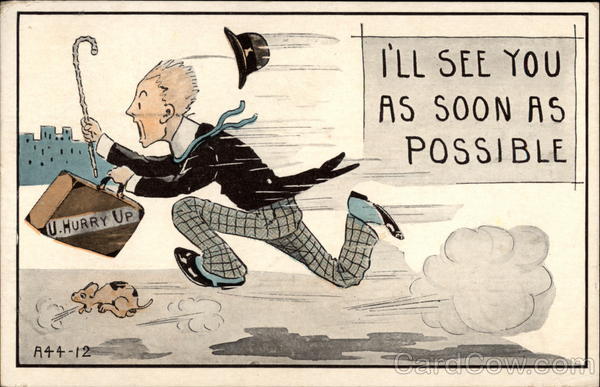
If I were Baron Balassi I'd have been dead twenty-one years ago. There he is, dressed, befittingly, to the nines. He was mostly a soldier but is Hungary's greatest Renaissance poet. He wrote in Turkish as well as Hungarian (Hungary was under Turkish occupation) on the run - love poems, erotic poems, religious poems, songs, adaptations... An exact contemporary of Sir Philip Sidney (1554-1586), who died even younger.
Adj már csendességet
Grant me tranquillity
Grant me tranquillity,
calm impassivity,
heavenly Lord!
Guard my poor sanity,
my heart in captivity
put to the sword!
Through long years of penitence
my spirit craved sustenance,
desiring salvation;
shield me and watch with me,
let not your enmity
cause my damnation.
Not without labour
you saved me, my saviour,
through death of your son.
For his sake assist me
that you might complete
what you had begun.
Your mercies so mighty,
not my sins unsightly
should precedence have.
Your grace is eternal
though my sins infernal
cry out for the grave.
Can you in beatitude
suffer vicissitude
or loss of possession?
Can you awaken
the ranks of forsaken
by thy intercession?
Why should I doubt,
when despair is cast out
in trust of your word;
freely you'll grant me
the grace not denied me,
the faithful's reward.
Lord, do not resist me,
unclench your great fist,
be tender and kind,
forgive my beginnings
and heal the torn wings
of pitiful mind.
Flying, I'd bless you,
adoring address you,
my trespass defying,
thus practiced in flight,
my soul being healed might
I rise in my dying.
(1591)
I translated this poem some time after 1989 along with a great many other poems - including two more by him - for The Lost Rider, a bilingual anthology of Hungarian verse through the centuries. I kept to the rhyme and the verse form and found it a lively and moving thing to do. I doubt whether the translation would work any other way, because though it is a prayer and lament, it has a great deal of sheer brio. In that respect I rather enjoyed rhyming across lines in Lord do not resist me / unclench your great fist, / be... A Renaissance soldier should have a certain swagger even at the end of his wits.














